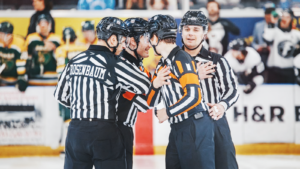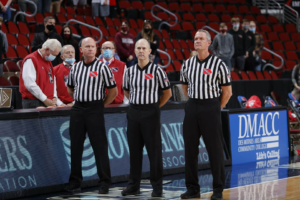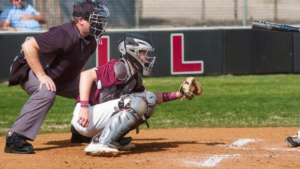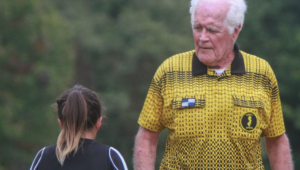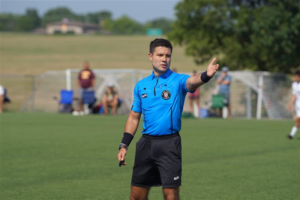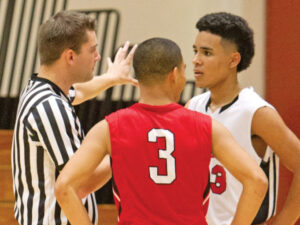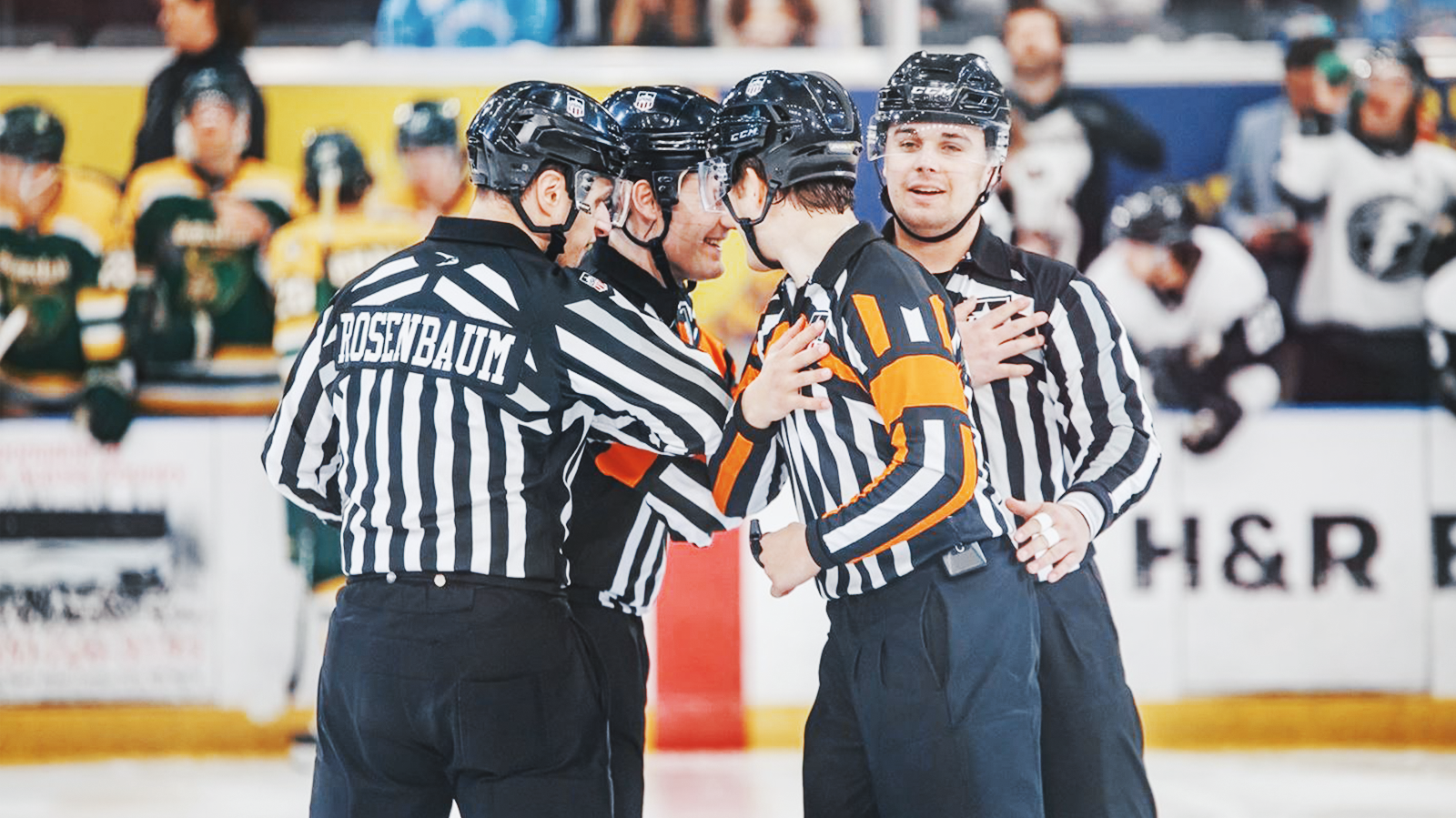
Ice hockey is fast, physical, and demanding—and so is officiating it. Yet for thousands of people each year, becoming a hockey referee is one of the most rewarding ways to stay connected to the sport. Youth leagues, competitive travel programs, school teams, and adult rec divisions all depend on officials to create safe, fair, and structured games. If you’ve ever considered joining their ranks, the good news is that becoming an ice hockey referee is more accessible than many people think.
Here’s a clear look at what the officiating pathway looks like, the requirements you’ll need to meet, the levels you can work, and how modern tools like ZebraWeb make the process smoother for new officials and assignors.
The Hockey Officiating Landscape
Ice hockey has one of the largest officiating ecosystems of any amateur sport. Every season, thousands of referees work:
- Local house leagues
- Travel and rep hockey
- Middle school, high school, and prep programs
- Adult recreational leagues
- Tournaments and showcases
- Junior, collegiate, and semi-pro development leagues
Because the sport grows every year, so does the demand for trained officials. Many leagues across North America experience shortages, meaning new referees often get immediate opportunities to work games and earn income.
How to Begin Your Officiating Journey
Becoming a hockey referee begins with registering through your region’s governing body. While the organizations differ, most follow a similar pathway:
- Create a membership account with the officiating or league organization in your area.
- Complete a SafeSport or equivalent athlete-protection module (required for officials over a certain age).
- Complete a background check if you are an adult working with youth players.
- Watch online officiating modules covering positioning, penalties, signals, game flow, and basic mechanics.
- Pass an open-book rules exam that ensures you understand the core rulebook.
- Attend a classroom or virtual seminar, often paired with an on-ice evaluation or instructional skate.
From there, local assignors can begin scheduling you for appropriate games. Most new officials start with U8, U10, or lower-intensity house league divisions to build confidence and experience before progressing to higher levels.
What You’ll Need: Skating, Equipment, and Skill Development
To referee hockey effectively, you need both safety gear and functional officiating equipment:
- Certified helmet with half-shield visor
- Referee jersey and black officiating pants
- Ice skates in good working condition
- Shin guards, elbow protection, and gloves
- Acme or Fox40 whistle
- Optional gear: warm layers, tape, lanyards, and equipment bag
But equipment is only part of it. Hockey officials must skate well enough to keep up with play, maintain strong edge control, and anticipate transitions. Positioning and game awareness develop through repetition, good mentorship, and reviewing game situations. Communication—verbal and non-verbal—is equally important, especially when managing penalties, diffusing tension, and working with coaches.
Understanding Officiating Levels
Hockey officiating uses a tiered system so referees can work games that match their skill and experience. While terminology varies by country or organization, most pathways follow a familiar structure:
Entry Level
Ideal for teens and first-year officials. Assignments include lower-level youth games, non-checking divisions, and recreational programs. The focus here is learning mechanics, positioning, and enforcement.
Intermediate Level
Officials with some experience move into more competitive youth games, school-level matches, travel hockey, or faster adult divisions. Compensation increases, and expectations for skating, consistency, and game control are higher.
Advanced Level
Experienced officials work high-level youth, varsity, prep, and select adult leagues. These games require strong judgment and the ability to read developing plays at full speed.
Elite / Performance Pathway
For officials pursuing advanced amateur, junior, collegiate, or semi-pro hockey. These positions require fitness testing, evaluations, mentorship, and ongoing training.
Each level opens the door to higher-paced hockey, improved pay, and professional development opportunities.
Where New Officials Get Assigned
Once certified, officials are paired with assignors who schedule games for local rinks, leagues, and tournaments. Today, nearly all assigning is done through digital systems that allow referees to:
- Set availability
- View game offers
- Accept or decline assignments
- Get automatic updates on rink changes, time changes, or cancellations
- Track mileage and payments
- Communicate with assignors more easily
This is where a platform like ZebraWeb streamlines the process. ZebraWeb includes ice-hockey-specific features such as:
- Self-assign options for eligible officials
- Age and skill-level restrictions to ensure proper placement
- Rink-based availability controls to reduce travel strain
- Compensation and mileage tracking directly tied to each game
- Certification tracking, including USA Hockey numbers and local requirements
- Request tools for officials who want specific partners, rinks, or divisions
These features help assignors manage complex hockey schedules while giving officials clear control of their workload.
Why Many People Choose Hockey Officiating
New officials often discover benefits they didn’t expect, including:
- Strong pay for short shifts
- Flexible scheduling—great for teens, students, and adults
- Deep knowledge of the game gained through experience
- A supportive officiating community
- A direct impact on player safety and game quality
- Opportunities to advance into higher-level leagues
Unlike many part-time jobs, officiating is active, engaging, and offers a skillset that translates into leadership, confidence, communication, and professionalism.
Final Thoughts
Becoming a hockey referee is one of the most rewarding ways to participate in the sport. With clear certification requirements, structured development pathways, and modern tools like ZebraWeb to help manage scheduling, availability, and hockey-specific logistics, new officials have more support than ever before.
Whether you’re a young player looking for extra income, a former athlete who misses the game, or an adult seeking a meaningful part-time role, officiating offers a place for you—and now is the perfect time to get started.

